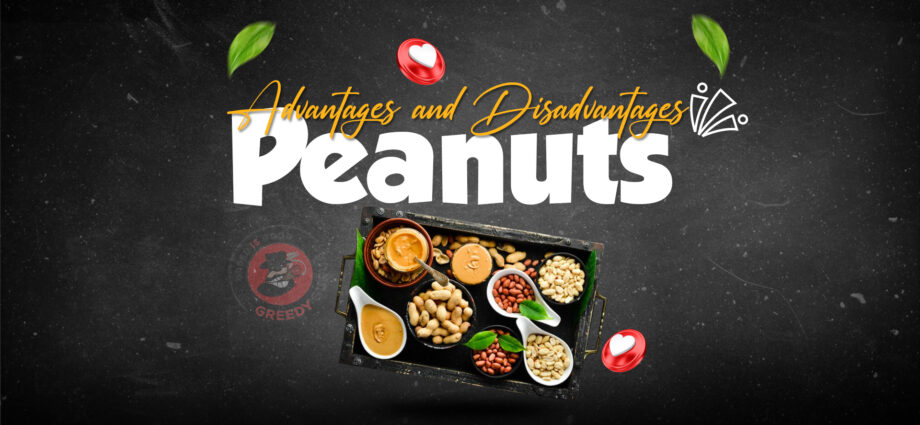Eating dry roasted peanuts, roasted peanuts, and boiled peanuts each have their own set of advantages and disadvantages.
Advantages of Dry Roasted Peanuts:
- Enhanced flavor: Dry roasting intensifies the natural flavor of peanuts, resulting in a rich and nutty taste.
- Longer shelf life: The dry roasting process removes moisture from the peanuts, increasing their shelf life and making them last longer.
- Convenient snacking option: Dry roasted peanuts are readily available in most stores and are a convenient, grab-and-go snack option.
Disadvantages of Dry Roasted Peanuts:
- Potential loss of nutrients: The dry roasting process can lead to a slight reduction in the overall nutrient content of peanuts, particularly heat-sensitive vitamins like vitamin C and thiamine.
- High calorie content: Peanuts are calorie-dense, and dry roasting does not alter their calorie content. Therefore, it’s important to consume them in moderation if you are watching your calorie intake.
Advantages of Roasted Peanuts:
- Enhanced flavor and texture: Roasting peanuts provides a pleasant crunch and imparts a savory flavor, making them enjoyable to eat.
- Increased antioxidant content: Roasting peanuts can lead to a higher antioxidant content compared to raw peanuts, which may provide potential health benefits.
Disadvantages of Roasted Peanuts:
- Potential loss of nutrients: Similar to dry roasted peanuts, the roasting process may cause a slight reduction in certain heat-sensitive nutrients.
- Calorie-dense: Roasted peanuts are high in calories, so it’s important to be mindful of portion sizes.
Advantages of Boiled Peanuts:
- Unique texture and flavor: Boiled peanuts have a soft, almost creamy texture and a distinct salty taste that some people find appealing.
- High in nutrients: Boiling peanuts preserves their nutrient content well, providing a good source of protein, healthy fats, fiber, and various vitamins and minerals.
Disadvantages of Boiled Peanuts:
- High sodium content: Boiled peanuts are typically cooked in heavily salted water, which can contribute to a high sodium intake if consumed in excess. This may be a concern for individuals with high blood pressure or those on a low-sodium diet.
- Shorter shelf life: Boiled peanuts have a shorter shelf life compared to dry roasted or raw peanuts and need to be consumed or refrigerated promptly.
It’s worth noting that individual preferences and dietary considerations may influence which type of peanuts is most suitable for each person. Moderation is key in incorporating any type of peanuts into a healthy diet.


